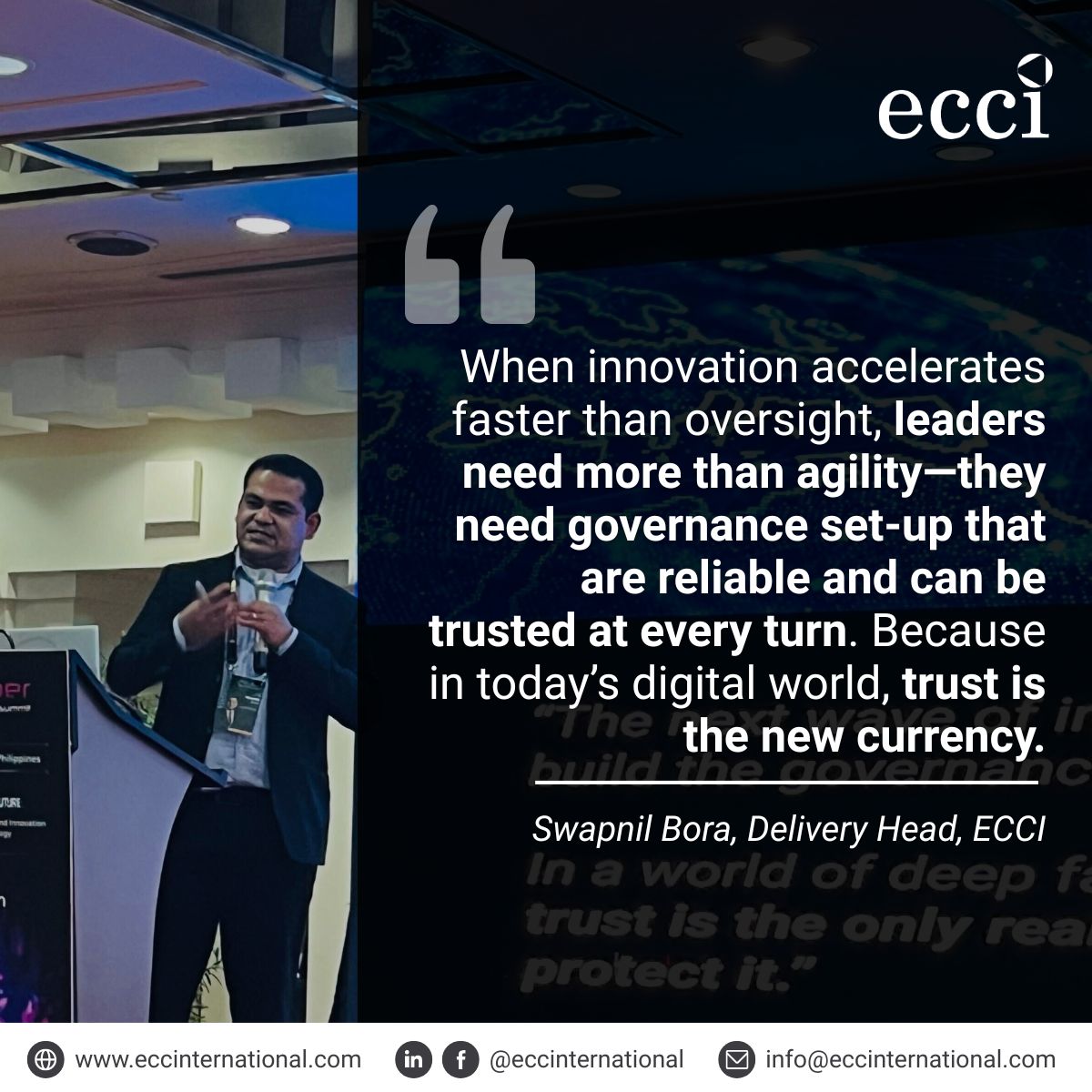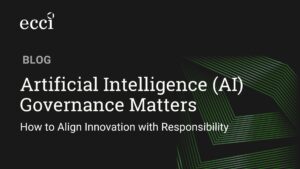In today’s digital-first economy, cybersecurity is no longer a siloed IT concern—it’s a national priority, a boardroom agenda, and a driver of long-term trust. As organizations face growing risks from AI manipulation, ransomware, and cloud-based threats, the Cyber Revolution Summit 2025 took on a timely and critical theme: “Empowering the Philippines’ Digital Future: Strengthening Cybersecurity and Innovation in the Age of Technology.”
Held on June 27, 2025, at The Heritage Hotel Manila, the summit convened over 200 delegates—including CISOs, CTOs, cybersecurity heads, and public sector leaders—to exchange insights, explore solutions, and shape the future of digital security across industries such as finance, healthcare, defense, utilities, and retail
Among the key discussions were topics such as Zero Trust security models, cloud and OT/IT infrastructure integration, ransomware evolution, the role of AI in cyber defense, and the rapidly shifting responsibilities of CISOs and cyber leaders. The summit highlighted the urgent need for forward-looking, integrated strategies that align compliance, risk, and innovation.
Representing ECC International, Swapnil Bora, Delivery Head, delivered a plenary session titled “Unified Governance in the AI Era.” His talk emphasized how today’s organizations must address the convergence of three critical areas—information security, data privacy, and cybersecurity—to build a foundation of digital trust. Supported by international standards such as ISO 27001, ISO 27701, GDPR, and NIST CSF, his session demonstrated the importance of protecting both sensitive business data and individual rights within a unified governance framework.
Swapnil also introduced ECCI’s Integrated Governance Framework, a holistic approach designed to help organizations manage rising complexity by aligning regulatory mandates, ESG priorities, risk management expectations, technology complexity, and performance drivers. At its core, the framework bridges strategy and execution through four key pillars: organization and people, information and technology, partners and suppliers, and value streams and processes. It enables a full governance lifecycle—from planning and implementation to monitoring, improvement, and assurance—while embedding transparency, accountability, and strategic alignment across all levels of the enterprise.In a landscape where cyber threats are evolving in scale, speed, and complexity, ECCI stands as a strategic ally for organizations navigating digital risk. We remain deeply committed to equipping business leaders and decision-makers with the frameworks, technologies, and expertise needed not only to comply with today’s standards—but to lead with confidence into the future.








